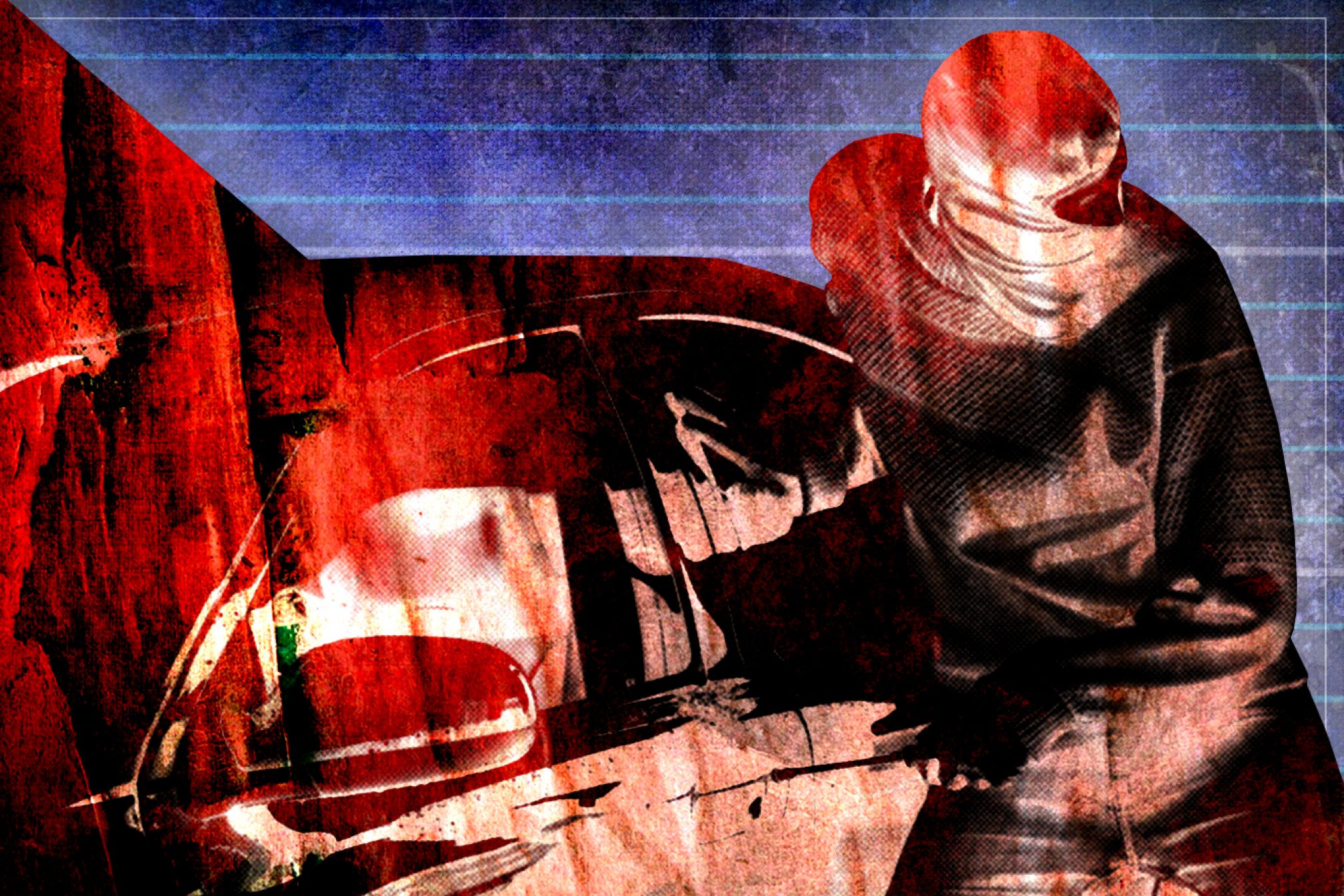 Comment
Comment
What happens when a DJ loses everything
The devastating impact of theft in dance music
While a wonderful kaleidoscope of dance music devotees head out to party each weekend, it’s an unfortunate reality that thieves and bad actors will often prey on the inclusive, loving and occasionally unassuming scene under the cover of darkness.
Constantly on the go while finding themselves in packed out rooms with oppressive movement and countless distractions, DJs and performers are often the ones who fall prey to theft. The laptops, luggage, passports and wide-range of expensive music equipment that artists are required to lug around make them toothsome targets for devious and opportunistic robbers.
From novice local DJs to international superstars, artists of all caliber have fallen victim to this selfish action in a myriad of fashions. Recognizable names such as Nina Kraviz, Damian Lazarus, Grandmaster Flash, Eats Everything, Umfang, Matthew Dear, Kerri Chandler, Magda, DJ Paypal and countless others have been forced to endure the heartbreaking loss of personal effects while on the road.
While it’s a sad and disheartening state of affairs when a stranger swipes a DJ's USB, record or headphones, some instances of theft turn into earth-shattering experiences that can cause irreparable damage to an artists wallet, confidence and creative-output.
Exploring the latter of the two, Mixmag touched base with three established artists who have confronted such trauma to take get a deeper look at these taxing circumstances and the psychological toll that follows such heinous behaviour.
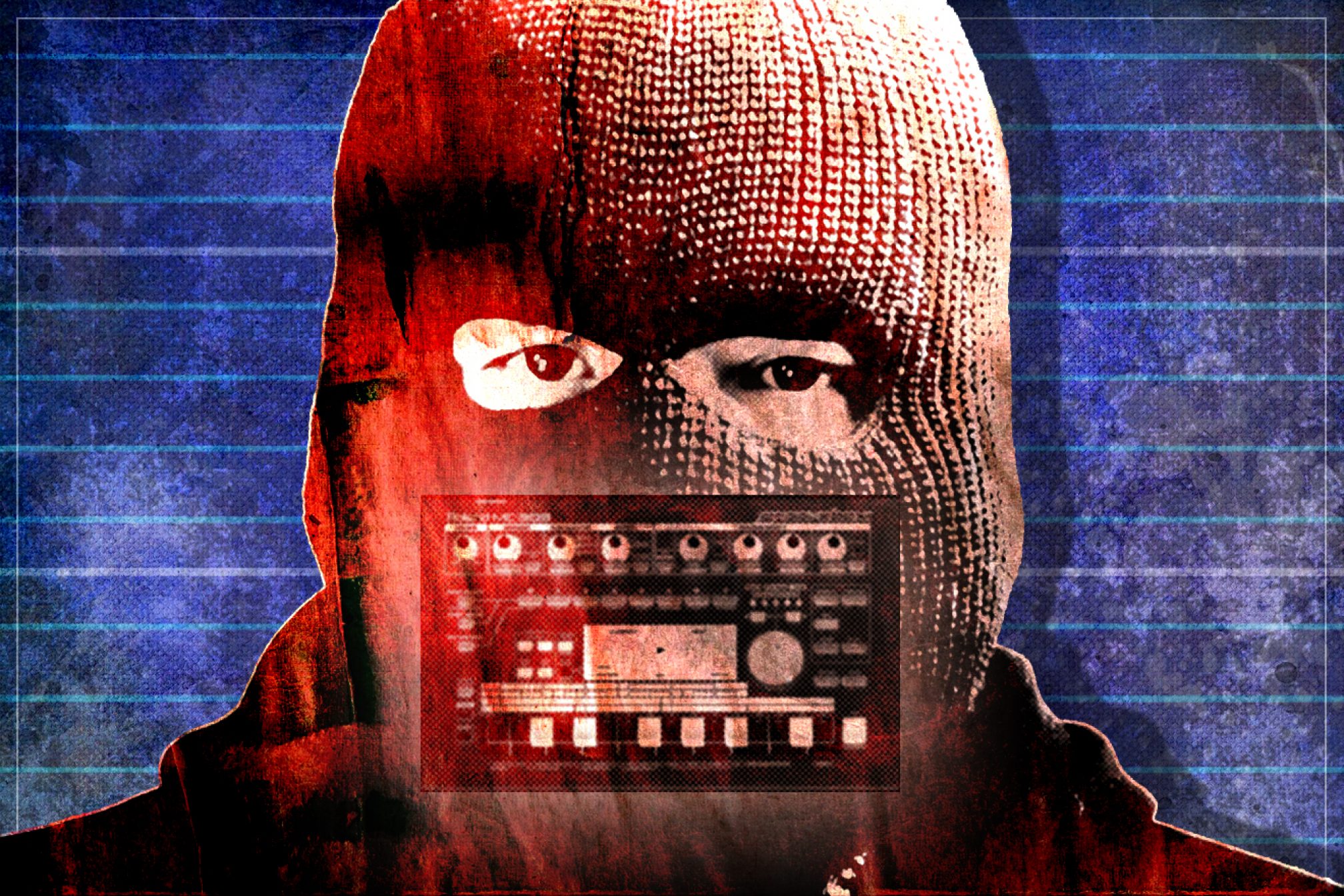
Daedelus
A magnate of Los Angeles’ electronic music scene, Alfred Darlington (aka Daedelus) is an artist who’s leftfield production and tech-savvy performance method served as a revolutionary musical catalyst for LA’s alt-electronic output during the turn of the century.
Following a performance back in 2014 during a massive New Year’s Eve celebration put on by his city, Daedelus was unexpectedly deprived of his most valuable possessions after someone found their way backstage and nabbed the artist’s backpack. “It’s impossible to be ready for this moment other than to have lived it” Daedelus explains. “My limited edition Monome - a piece of gear that has been embeded with a lot of my energy over the years - along with some personal effects and my passports, which I needed to go on my upcoming Australia tour, were all taken. I felt violated in a deep and personal way.”
Amid the chaos of New Years Eve, Daedelus scoured the venue grounds and surrounding area until 6am before heading home and picking up his search online. A post about the incident resulted in a flood of support from his fanbase; promoting total strangers to look through their local pawn shops, scour various police reports and offer the artist their own equipment. “It was a mixture of emotions” says Daedelus, “the tremendous support from my community made me feel like everything was going to be okay but it also made me question what sort of motivations people in the scene have. Doubting my peers due to one bad character’s actions was a sentiment that really haunted me.”
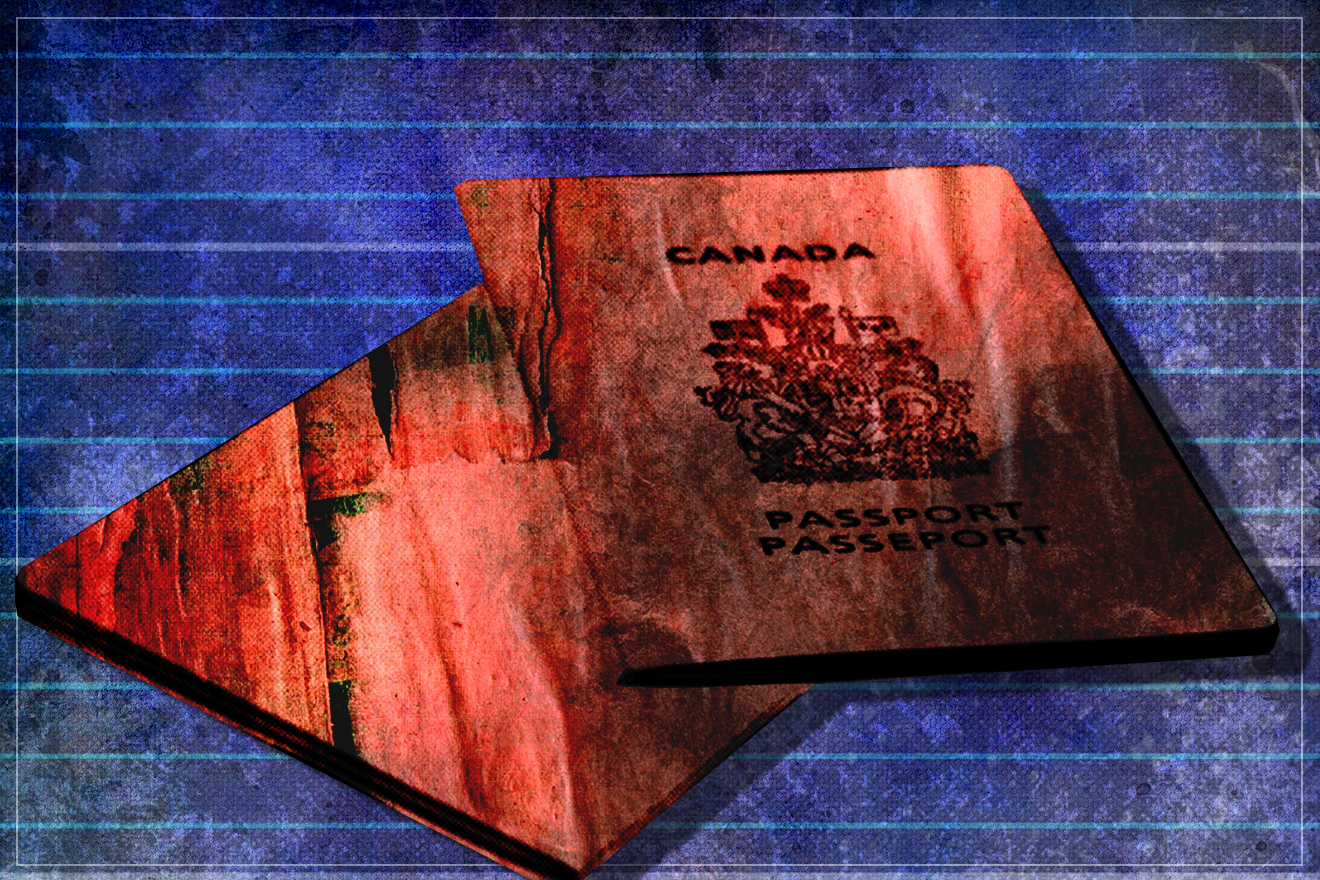
Mental health in the music industry is something that DJs and performers are constantly endangering. Between hectic travel schedules, long nights, the constant subjection to narcotics, high expectations and random bursts of smack talk on social media, having your setup and personal property ripped out from under you is a true test of musical dedication and creative spirit.
“This is one of those moments where I could check in with myself and think: ‘What am I here for?’ ‘Why am I doing this?’ ‘Is it for some amount of money or something deeper?’ That deeper thing came back to me so strongly that I was able to carry on in a way that seems way bigger than before. It made the question of survival mean a whole lot more.”
When it comes to preparing for an emergency situation such as this one, the judicious musical veteran had some solid advice to offer: “Get in the habit of conversing with the techs behind the stage as well as security before your show. See them as people rather than the hammer to solve a problem. If you know their name and they know your name, you are just able to get shit done better. Period.”
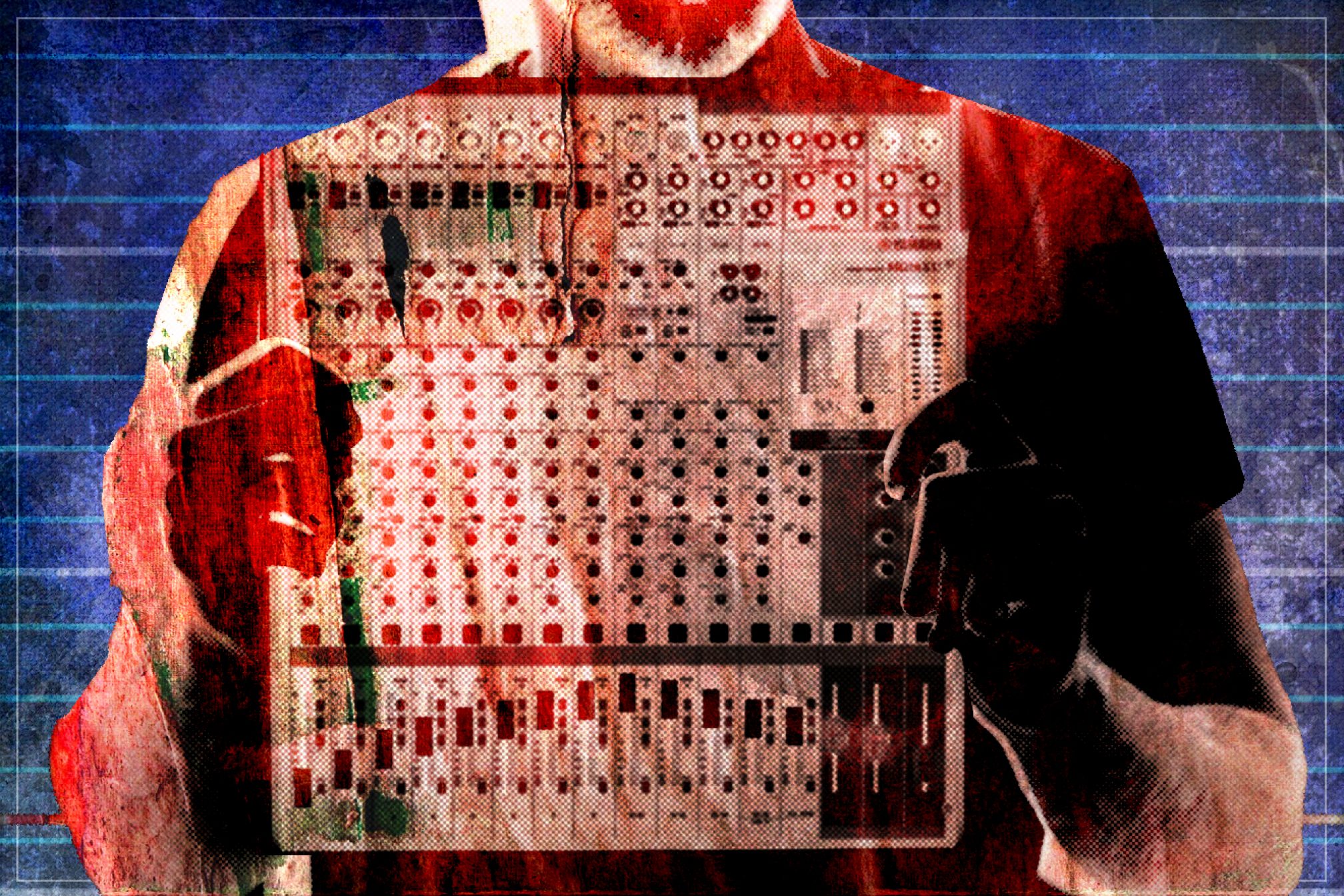
Route 8
A core contributor to Lobster Theremin’s dusty and lucious sound, Gergely Szilveszter Horvath (aka Route 8) is a Hungarian artist whose meteoric rise during the lo-fi house boom grabbed the attention of dance nerds and Youtube diggers everywhere. Between the soulful fuzz of the artist’s house production as Route 8, taking down dancefloors with his brooding techno moniker Q3A or shining light on the night with his disco project DJ Ciderman, Horvath is as proficient and multi-facilitated as they come.
In November of 2015, Route 8 and his tour partner Asquith dropped down in Detroit for the first leg of their debut North American tour. Leaving their gear in the show promoter’s car after the show while grabbing something to eat, they came upon their ride only to find that it had been broken into. With the immediate thought of “oh my god... my Elektron machines!”, Route 8 would come to realize that his Roland groovebox, FNR compressor, Yamaha mixer, Macbook laptop, clothes, backup hard-drive with unreleased tracks on it and his father’s irreplaceable analog camera had also been taken away from him.
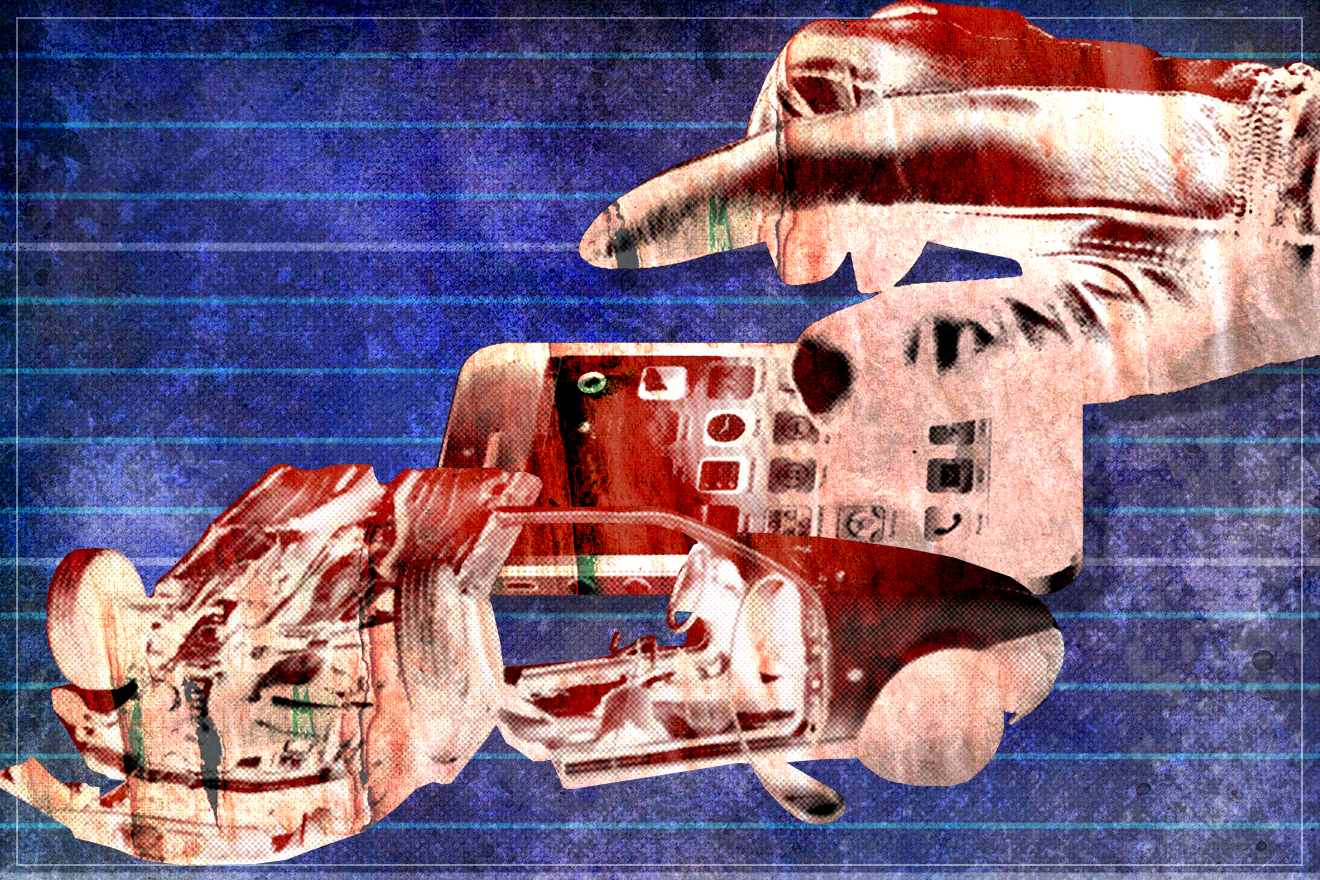
Forced to abandon the live set which he had locked down before traveling stateside, Route 8 had to revert to his USB stick (which had luckily not been stolen) and play off CDJs for the remainder of his tour. “It was always a dream of mine to own these synths” the artist claims. “After the theft, I felt kind of empty for the rest of the tour.”
The wake of the incident has ultimately lead him to focus more on his DJ sets rather than travel and play with an expensive and intricate live setup. “I’m still not comfortable traveling with my synths even though this happened more than year ago. To this day, I still don’t play many live sets because of it.”
A tell-tale-sign for his fellow Elektron lovers, Route 8 proposes that artists "always go straight to the hotel from the airport after landing so you can leave your gear. Never ever leave your valuables in a car’s trunk, especially in an unfamiliar place (even if the area is guarded by military). Better yet, keep your synths close to you at all times.”
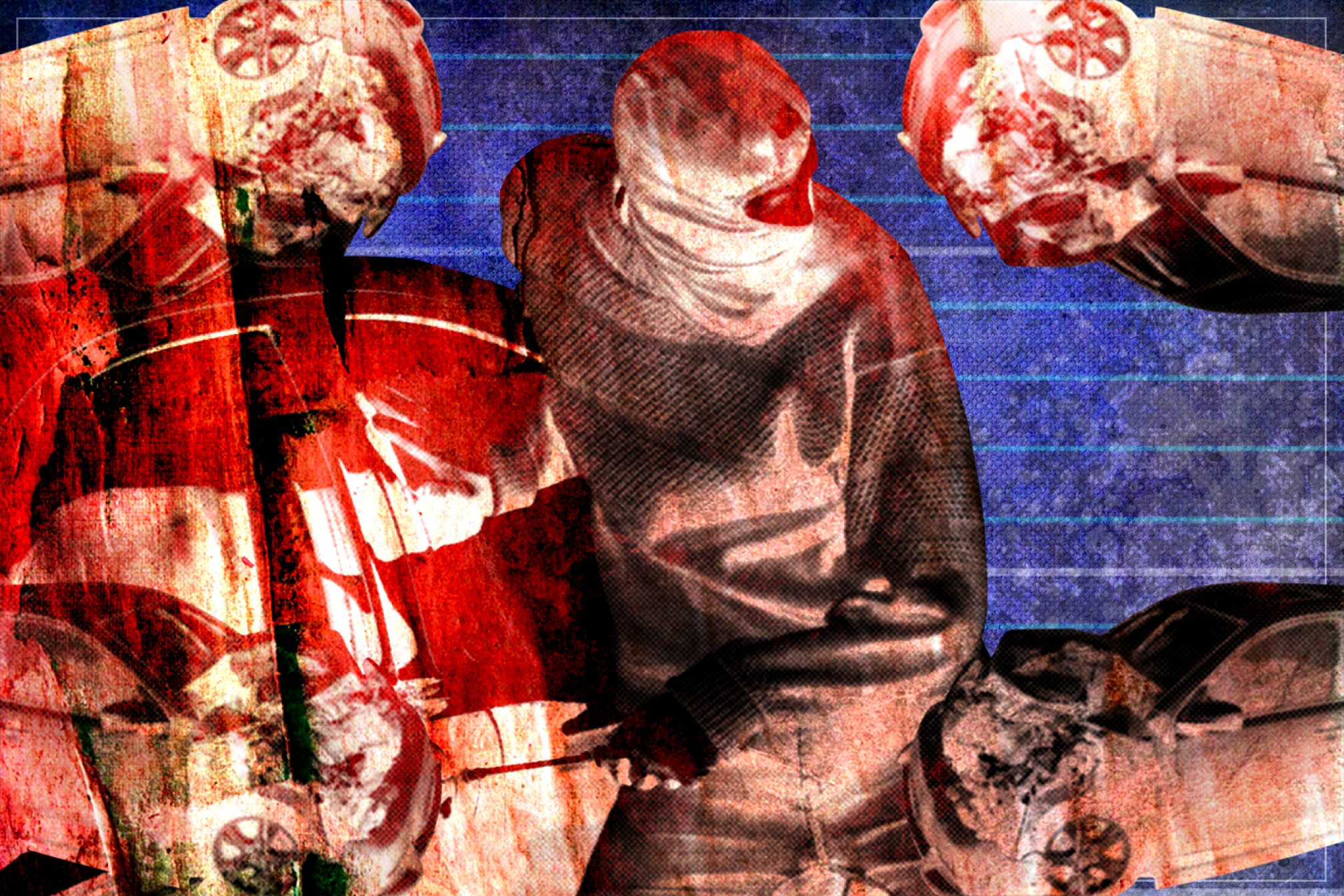
Epic B
Riddim purveyor and pioneer of the Brooklyn-born sub-genre FDM (Flex Dance Music), Epic B has cemented himself as the-go-to pacesetter for bone-breaking dancehall music. Picked up by the Manchester-based label Swing Ting, Epic B’s productions take gyrating Jamaican overtures and blends them with temperamental NYC street vibes and a house-leaning melodies.
Less than a month ago (January 31, 2018), Epic B was riding in a Lyft when an abrupt car crash suddenly altered his life in ways he could have never expected. Narrowly avoiding injury, Epic B encounters four reprobates approach the scene of the collision in order to take advantage of the chaos and make a quick buck. Robbed at gunpoint, the posse nabbed two iPhones and $500 cash along with his portable hard drives and two computers - all of which contained Epic B’s stems and projects.
“I’ve lost all the music I've been making. I'm starting from zero,” reads a statement taken from the GoFundMe page that was created by Epic B following the incident. A consistent resource that has been used by a multitude of artists following tragic occurrences such as this, the FDM originator managed to raise his $3,000 goal to replace the stolen goods in under a week.
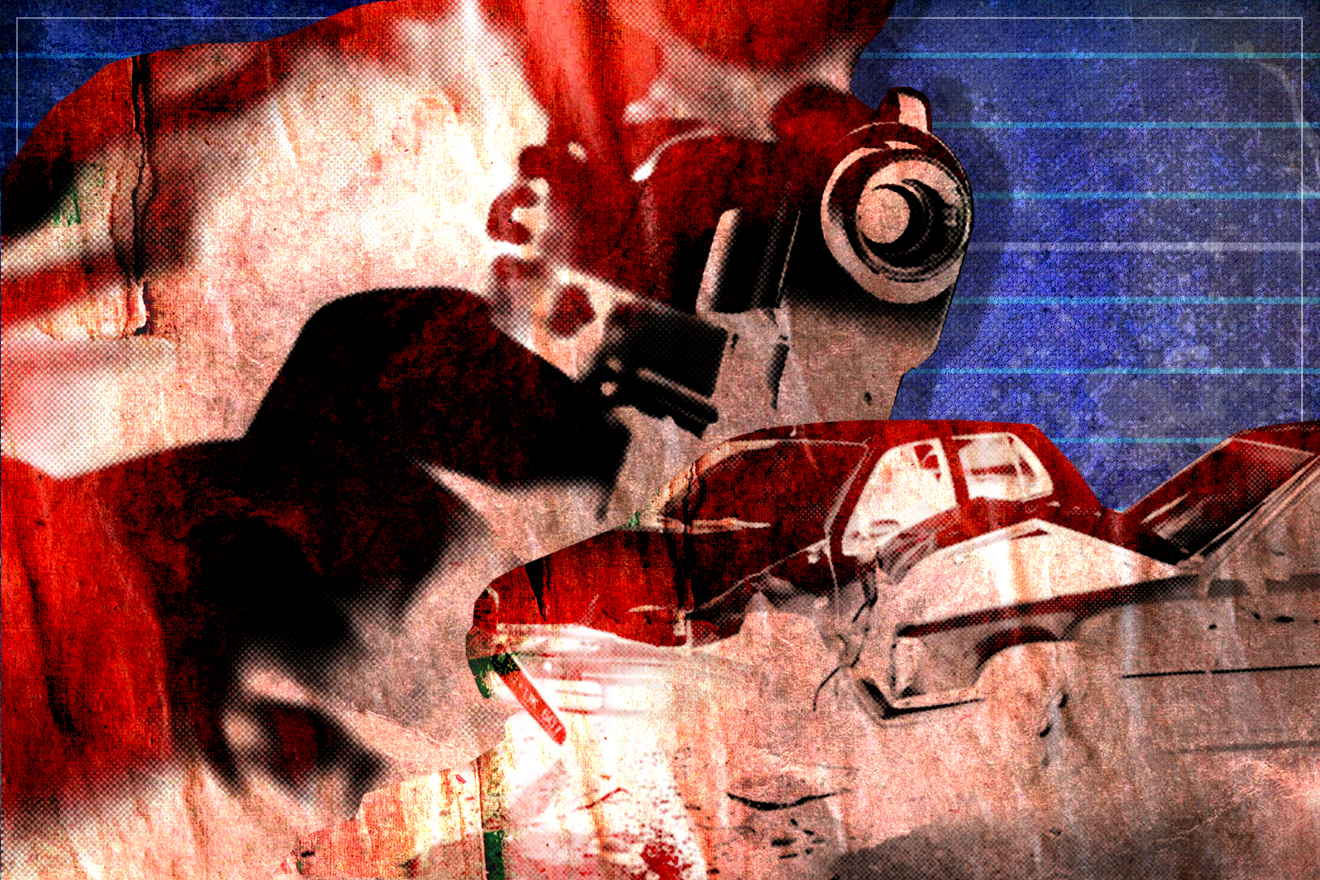
“The GoFundMe was a mixed feeling for me,” says Epic. “I felt a bit uneasy about it, but knew that I needed the help. I was so grateful to see donations and shares come in from a mixture of friends and names I recognize, to people who I’ve never met at all.”
Mixmag brought up the question of having to hit “the reset button” in regards to all of his production efforts. With his eye on the future, Epic B responds “it depends on how you look at the reset button. I had collected a lot of sounds over the years and there was a lot of unfinished work that I can’t get back. It feels like I’m back to basics again. Between what I can find on old computers, hard drives, and what my friends share with me, I feel like I have a decent foundation to build things on. It’s helping me focus on what I have in front of me.”
Nailing down the dance music sounds that we know and love is no easy task. Having a tangible collection of time and one-off creative efforts pinched from you at a moments notice is in many ways worse than losing the physical equipment. Made clear in the above statement, Epic B commits to the logic that the key to moving forward is owning a recommitment to your craft and using a constructive mindset to embrace the clean slate that the universe has handed you.
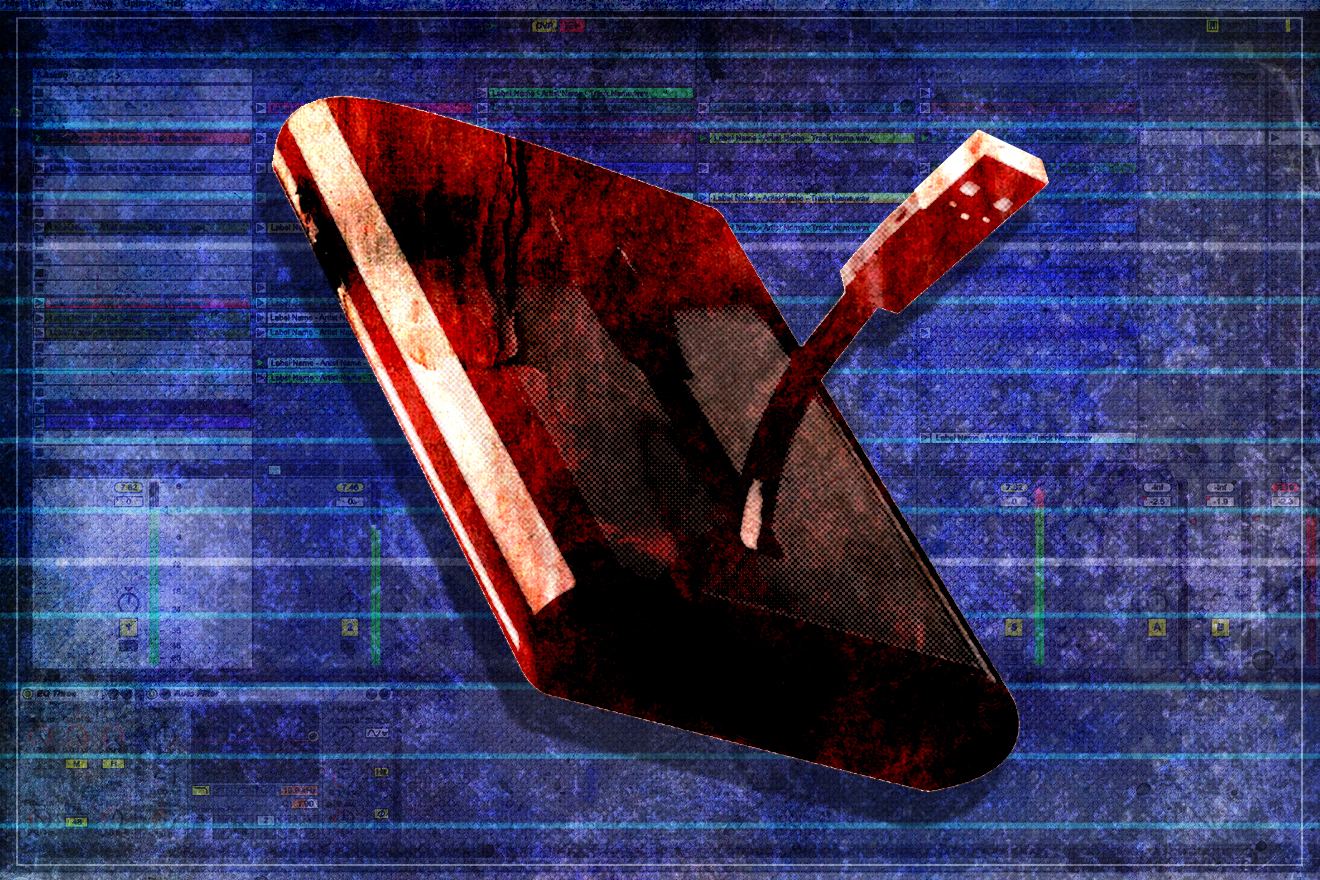
Despite the dance music community’s undying commitment to building and maintaining safe spaces, its naive to think that there are ways to prevent these incidents from occurring all together. It is up to promoters, security, attendees and good souls in general to have any artist’s best interest at heart by discouraging such ghastly conduct and staying vigilant on the artist's behalf. Besides, they show up to make sure you are having a good time. If they aren't, you might not either. While a good night out is always a team effort, the brunt of the responsibility falls on the artist. Luckily, there are numerous methods DJs can turn to in order to protect themselves against theft; be it at the nightclub, at home or on the road.
Be mindful of your surroundings, keep your valuables out of sight and under lock and key, keep tracking devices with your equipment, document your gear and purchases, write down the serial numbers on your gear in case it pops up for sale online, become a friendly and familiar face with the backstage crew, know your exits and entrances, ask for help online and last but not least…BACKUP YOUR PROJECTS.
The last step doesn’t only apply to theft from random actors. Backing up your music in a safe and secure location on a regular basis is the only way to protect against tragic losses of time and effort on Ableton (and beyond). Failure to do so leaves one vulnerable of completely losing knotty automations and irreparable styles - with some loses resulting in rude and depressing psychological aftershocks.
“Its beyond having stuff stolen” says Daedelus. “If you don’t backup on your hard drive and something goes wrong in the studio, its like you are being stolen from... but in reality, you are truly just stealing from yourself. That's hard to face. We are all the hero of our own story. When you become an unreliable narrator, it really sucks.”
Cameron is Mixmag's US Editorial Intern. Follow him on Twitter here


